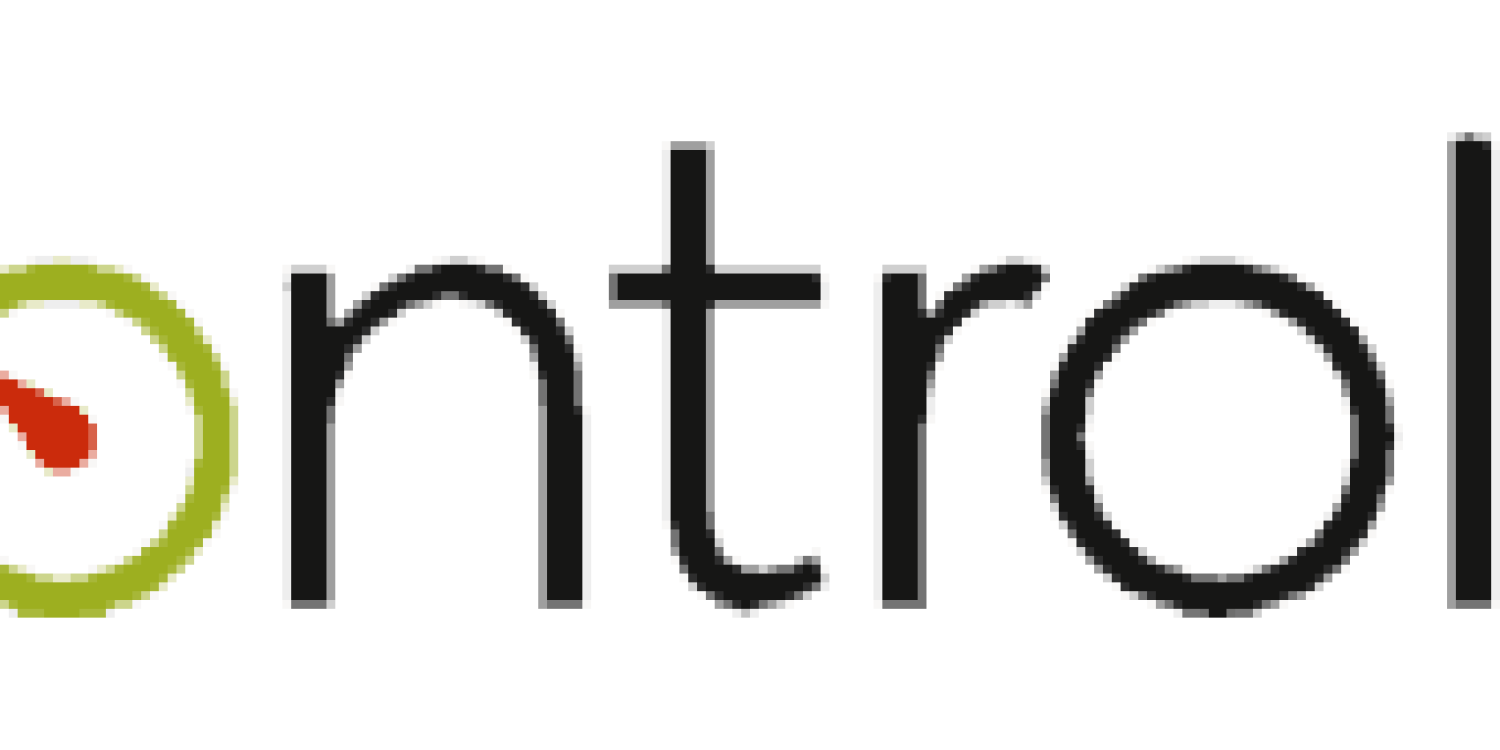For over three decades, Ezi Gold has supported small businesses, startups, and in-house teams throughout the United Kingdom.
We provide detailed insights into the costs associated with websites—from DIY options to professional services—enabling you to make informed decisions.
Table of Contents
ToggleIn-Depth Analysis of Website Costs: From DIY Approaches to Professional Solutions
How Much Does a Website Cost: As you commence your journey to establish a website, a fundamental question arises: “What will the cost be?” The answer is not straightforward and can fluctuate greatly based on several key factors, including the specific type of website you require and the extent of customisation and functionality you desire. This article aims to thoroughly analyse the costs associated with various categories of websites, ranging from DIY approaches to professional builds, empowering you to make a well-informed and strategic decision that aligns perfectly with your objectives.
Key Terminology to Understand Website Costs Effectively

Before diving into the detailed cost breakdowns, it is essential to become acquainted with some critical terms that will enhance your understanding of website costs:
- Content Management System (CMS): This software powers your website, allowing you to update content, including text and images, easily without needing extensive technical expertise.
- Responsive Design: This feature ensures that your website automatically adapts its layout depending on the device being used—be it a mobile phone, tablet, or desktop computer—thereby significantly enhancing the user experience.
- Search Engine Optimisation (SEO): This encompasses the strategic modifications made to your website to boost its visibility on prominent search engines like Google and Bing, which in turn helps attract a larger volume of organic traffic.
Comparing Various Types of Websites and Their Associated Costs
Building Cost-Effective DIY Websites
DIY websites are often the most economical choice, generally costing between £300 and £1,000. They are particularly well-suited for personal projects or small businesses that are just embarking on their digital journey.
- You retain complete control over each element of your website.
- The setup process is quick, often finalised within just a few days, allowing for an immediate online presence.
- Ongoing expenses are minimal, primarily consisting of basic hosting and domain registration.
Drawbacks of DIY Websites:
- This option requires a time investment to learn how to navigate and effectively use the chosen platform.
- Customisation and scalability options are limited due to the inherent constraints of templates.
- Popular platforms like Wix, Weebly, and Squarespace are commonly used, offering user-friendly drag-and-drop features.
Ongoing Costs: Prepare to invest a few hundred pounds each year for hosting and domain services.
Investing in Basic Websites for Enhanced Features

Basic websites represent a progression beyond DIY solutions, typically developed by small web agencies or individual developers. The cost for these types of websites usually falls between £500 and £2,000.
Advantages of Basic Websites:
- They provide a more polished design and dependable performance compared to DIY options.
- These websites often incorporate fundamental SEO practices and responsive design features.
- There is no need for you to learn new software; the developer handles all technical aspects.
Disadvantages of Basic Websites:
- They remain largely template-based, which may limit extensive customisation.
- Scalability can be a concern; considerable modifications may necessitate a complete redesign.
- Regular maintenance is crucial, especially when using platforms like WordPress.
Ongoing Costs: Expect to allocate approximately £500 per year for hosting, domain, and routine maintenance.
Choosing Professional Websites for Maximum Customisation
Professional websites are crafted by larger agencies and provide the utmost level of customisation and functionality. The costs associated with these websites typically range from £3,000 to £7,000, with some projects surpassing £10,000.
Advantages of Professional Websites:
- These websites boast highly customised designs and functionalities tailored specifically to fulfil your business objectives.
- Comprehensive project management and specialised expertise are included in the service.
- There is a strong emphasis on user experience and a thorough understanding of customer personas.
- They frequently incorporate advanced SEO strategies, responsive design features, and additional marketing services to maximise outreach.
Disadvantages of Professional Websites:
- These come with higher upfront costs, which could be a barrier for some businesses.
- The development timeline is generally longer, often requiring 6 to 8 weeks for small to medium-sized projects.
- It is crucial to trust the agency to comprehend your specific industry and audience requirements.
Ongoing Costs: These can vary widely but typically encompass hosting, domain registration, and ongoing maintenance and support.
Making a Well-Informed Decision: What Type of Website is Right for You?
When considering the type of website that will best serve your needs, it is essential to evaluate your business objectives, budget limitations, and the level of customisation you require. Here are some practical tips to assist you in your decision-making process:
- Assess Your Requirements: Determine the specific features and functionalities that your website will need. If a simple informational site suffices, a DIY or basic website may be adequate. Conversely, for e-commerce or sites that necessitate complex functionalities, a professional website is crucial.
- Budget Consideration: Set a clear budget while being aware of the ongoing expenses linked to each web development option.
- Scalability Considerations: Reflect on your future needs. If you anticipate growth, investing in a more scalable solution, like a professional website, could prove to be beneficial.
- Conduct Research: Explore portfolios and case studies from various web agencies. Reach out to their clients to obtain feedback on their experiences and the results they achieved.
By thoroughly understanding the costs and advantages of each type of website, you can arrive at a decision that aligns seamlessly with your business goals and financial capabilities. Whether you choose a DIY, basic, or professional website, the key is to ensure that it effectively meets your needs while engaging your target audience.
The post Understanding the Cost of a Website: From DIY to Professional appeared first on Ezi Gold.

















